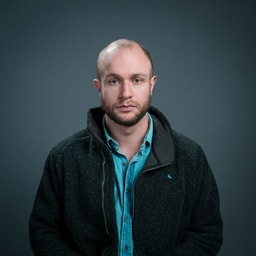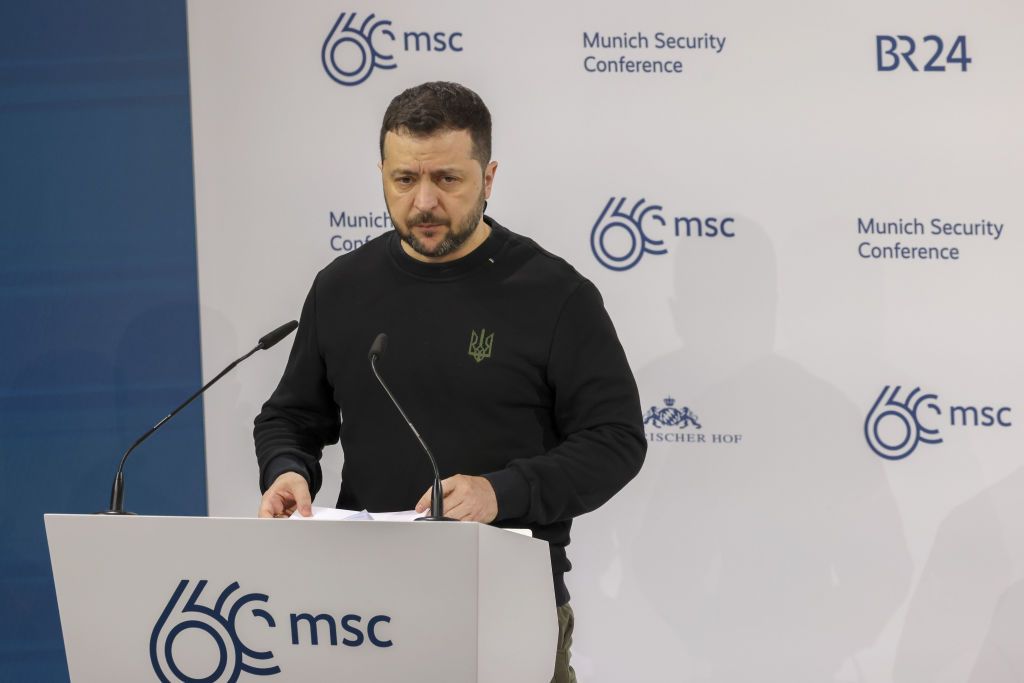Dutch PM: Russia is 'nothing compared to the collective EU economy'

The EU's collective economic power is by far superior to Russia, Dutch Prime Minister Mark Rutte told the Kyiv Independent on Feb. 17 in an interview on the sidelines of the Munich Security Conference, adding that European nations must invest more in defense and support for Ukraine.
"It always takes time in a democracy to take those decisions," Rutte told a Kyiv Independent reporter, responding to a question whether there are regrets that allies did not provide key defense systems before Russia had a chance to dig in on the front line and mobilize its economy.
As the full-scale Russian invasion nears its two-year mark, Ukraine finds itself in a precarious position. While the assistance from the U.S., a key military donor, remains blocked, Russia is increasing pressure on the front and ramping up its defense industry capacities.
Rutte noted that Russia's economic potential should not be overestimated: "Russia's economy is not more than the Netherlands and Belgium combined. Nothing compared to Germany, nothing compared to France, nothing compared to the collective EU economy."
Nevertheless, the allies must respond to recent developments in the war "and that means more spending on defense, more production of military capabilities," the prime minister added.
While the relatively small Netherlands took a proactive role in supporting Ukraine, for example, by spearheading the fighter jet coalition, major players like Germany came under criticism for hesitancy in providing some crucial systems, namely long-range Taurus missiles.
Rutte pointed out that Germany is providing massive aid to Ukraine, especially in comparison to other partners. This support also maintains the flow of air defenses and artillery shells to Ukraine, Rutte said, pointing out there is no controversy on supplying these two vital items.
The prime minister also hinted that "things are moving" in regard to other military systems.
Rutte further told the Kyiv Independent that the Netherlands is intensively discussing bilateral security guarantees with President Volodymyr Zelensky's team, voicing optimism that the "discussions should be closed fairly soon."
Kyiv had already finalized similar deals, based on G7 commitments made last July, with Germany, France, and the U.K.














